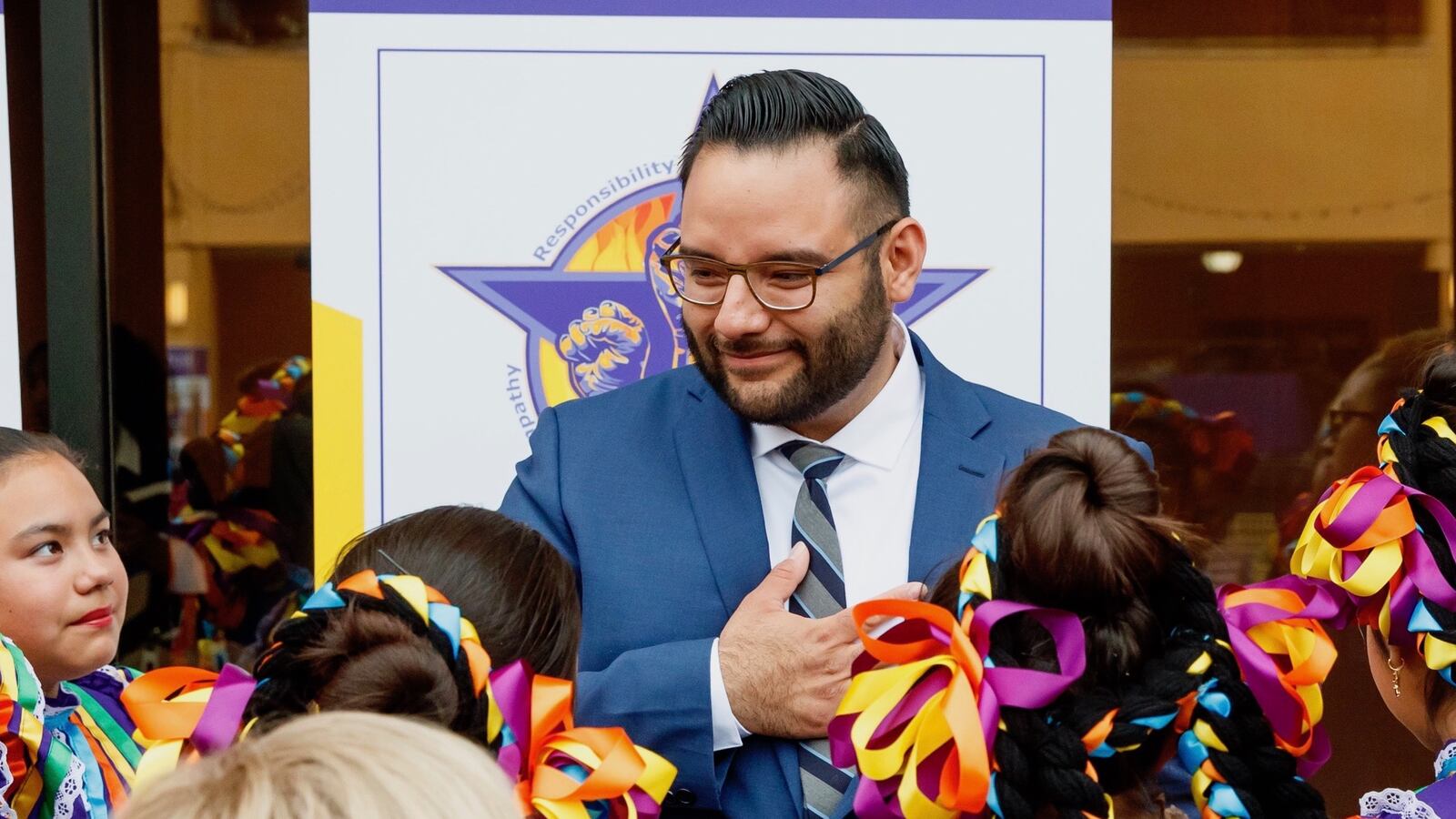Shortly after we switched to distance learning in March, our school held a virtual spirit week with dress-up days, just like we would during a normal school year. Monday was Superhero Day, a chance for our elementary students to dress up like someone they view as a hero.
Instead of seeing lots of capes and masks, like one might expect, I logged into our virtual Facebook community that day to see a number of our students dressed up like their parents, many of whom work hourly wage jobs. There was a grocery store worker, complete with an apron and name tag, a third-grader donning her mother’s nursing assistant scrubs, and a student dressed up with her dad’s delivery truck driver cap. Our students were beaming with pride when they spoke of the work their parents have been doing as “essential workers” — work that is increasingly dangerous in the age of coronavirus and work that society has long undervalued.
I know this new perspective has changed their personal narratives. I know this, because, as a child, I can remember battling with feelings of embarrassment over the discount cereal and hand-me-down shoes that my dad’s low-wage work afforded us.
I am the proud principal of Rocketship Fuerza Community Prep, part of the public charter elementary school network Rocketship Public Schools. My school is in East San Jose, California — a largely Latino neighborhood where the death rate from COVID-19 is four times higher than the wealthiest areas in our county.
Like many of my students, I was brought to the United States when I was young. In Cuernavaca, Mexico, my father earned his degree in chemical engineering but had to start over when our family moved to the U.S. in search of a better life. He woke up every morning at 3 a.m. to work as a street sweeper while going to night school to learn English and how to use computers.
As I grew older, I learned to fully embrace the power and pride of my father’s story.
To see our students proudly celebrate their parents made me realize this crisis — amid all its tragic repercussions — has also created an opportunity for them to recognize their own power and worth, and seize new opportunities as a result.
My mother had a moment like that when I was 7, and it changed the course of my life.
In second grade, my best friend, Diego, and I decided that we were done with homework. Our teacher sent notes home, but we would just throw them away. Then one day, my teacher showed up at my front door. She told my mom about my behavior in class but also about the potential she saw in me.
My mom sat on our couch with tears in her eyes as she told Ms. Myers that she didn’t speak the language and couldn’t help me with school. My teacher looked at my mother and said to her: “You might not speak the language, but don’t think for a second that you can’t help your son. There is power in your son and there is power in you.”
From then on, my mom was relentless. She checked my homework all the way through high school. She became the greatest champion for my education. And mi mama is the reason why I — a first-generation, undocumented immigrant — graduated from Stanford University.
Every student in my school is capable and deserving of the same opportunities I have had. Our mission as a school is for them to believe that as well.
The pride I saw pouring from my students on Superhero Day is just one example of how this time of distance learning is reshaping how they see themselves. Online learning has brought with it significant challenges for students, parents and teachers alike. Across the country, the health and economic fallout from the coronavirus and uneven access to technology and the internet have been huge hurdles for many. But at the same time, many students are seizing their role as the drivers of their own education, seeking to learn more and explore the things they’re good at.
At Rocketship Fuerza, we sent our kids home with laptops the same day school closures were announced in the Bay Area because we refused to let this situation stop them from learning. We check in with each family daily and connect them with resources they might need, such as food or rent assistance. It’s deepened our sense of school community and strengthened our families’ resolve.
Our school name, Fuerza, means force or power. But it’s more than a name — it’s a belief in the families we serve and a foundation of our school culture. Our students are embodying this value now more than ever. They see their families as important and themselves as capable, both on a new level.
In 10 years, when my students are young adults and they’re reflecting on the experience of living through a pandemic, I hope they think of this as a time when their shift in perspective changed permanently — like it did for my mom and for me so many years ago.
Juan Mateos is the principal of Fuerza Community Prep, part of the Rocketship Public Schools charter network. He lives in San Jose, California, and holds a degree in political science from Stanford.



